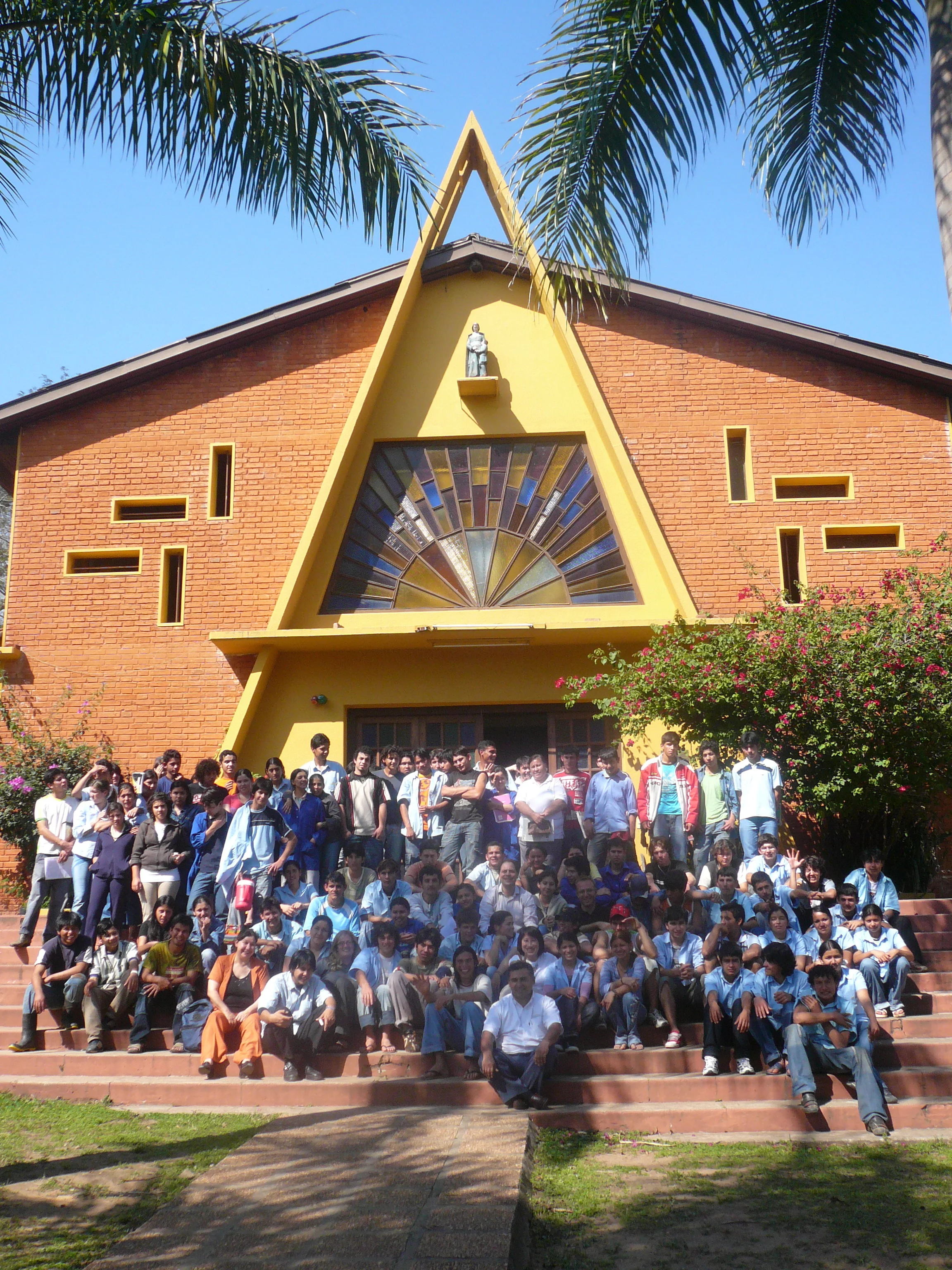A "Self-Sustaining" School
I’ve spent most of the last week working with the Ulysses team from PWC [thanks Marisa for the clarification on that] and I’m struggling a little with the semantics. The tagline for Teach a Man to Fish [the umbrella organization/network for this new paradigm of education for the poor] is “Education that Pays for Itself.” Hence, “self-sustaining education.” So, pretty logically, most people call San Fransisco a “self-sustaining school” and what we’re working on is a plan to create more “self-sustaining schools.” But here’s the rub:
A school is a thing. Having no agency, no volition, no energy, nor light, it is utterly incapable of sustaining itself. To borrow a phrase from Nephi, it is a “thing to be acted upon” The school is sustained by the people inside it. The instructors, the administrators, and especially the students sustain the school. Their agency, their volition, their energy, is responsible for everything the school produces; tangible and intangible.
Especially in the case of the students, I feel like that agency isn’t being engaged like it could be. These kids are smart. They’re innovative. They’re passionate. But, here, they’re kinda stuck. I feel like the school relies on students for work, nada mas. There isn’t really a feeling that they can contribute much else. Right now, the school is actually making enough to cover costs, but just barely. In talking with each of the technicos, the potential production of the resources we have is somewhere on the order of double what we’re getting currently. Some of that gap is a lack of money, but much of it is a lack of productivity.
So, I want to try an experiment. I believe that if the students truly had some ownership in the school; were involved in the business development, the financial tracking and analysis, the budgeting etc; if they had some say in decisions about their education and got to do some of the problem-solving, they could quite easily increase production at the school by 50%.
My plan at this point is to form a student council and start with the least productive area of the campo [the huerta] working on the premise that whatever they can get that area to produce above and beyond the current level, they get to allocate. The money stays in the school, of course, but if they decide that it gets added to the food budget [as I imagine they will], that’s where it goes.
I think they will surprise us.


